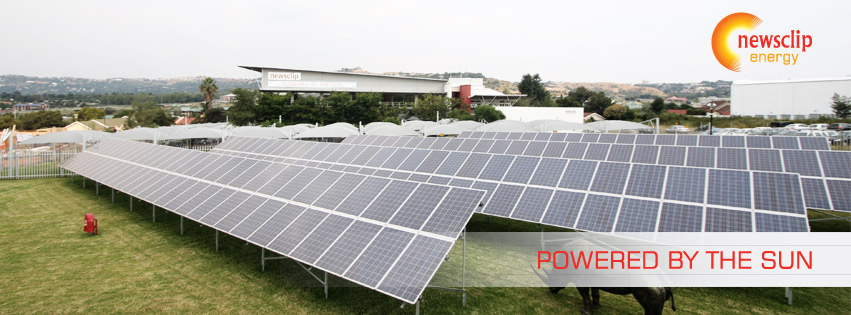Climate change is becoming more and more talked about in the boardroom. In response to global imperative and consumer demand, businesses are realising that when it comes to ‘going green’, the time is
now.
Just a few weeks ago, South African retailer Woolworths announced that it would no longer offer plastic bags to consumers in an effort to cut down on waste. And just recently,
Standard Bank saw a huge increase in the support for a climate change-related company vote.
These moves by big South African corporations show just how important it is for businesses to start investing in renewable energy and environmentally-friendly practices.
According to a 2019 study by Engine, as the effects of climate change become more and more dramatic, consumers are taking note. In fact, “97% of the global population is unanimously concerned with at least one environmental issue.”
The study also found that 81% of consumers are already factoring the sustainability efforts of brands into their purchasing decisions. In particular, Millennial and Gen-Z consumers are actively seeking out businesses that support environmentally-friendly practices,
as their identities are interwoven with social and political movements.
81% of consumers factor in the sustainability efforts of brands in their purchasing decisions,
On top of being a consumer demand, going green has various benefits for business, including tax credits, incentives and decreased long-term operating costs.
According to
an article for Forbes, plant manager Chris Gibson says that recycling and other green efforts are the new wave of the future. “Everybody should be going green to save the Earth.”
And while big business is scrambling to implement some eco-friendly strategies,
local brand tracking company Newsclip has long understood that managing its carbon footprint is a key ingredient to making a business successful. The company has been investing in ‘green’ practices since moving into the Constantia Kloof head office in Gauteng 16 years ago.
The mostly glass head office building was designed specifically to get as much natural light as possible. All of the offices have been fitted with energy-saving light bulbs, and on top of that, energy-intensive equipment — like kettles and geysers — has been replaced with energy-efficient versions — like hydro boilers and heat pumps.
However, the company’s biggest ‘green’ initiative is its large solar farm. Each of the 220 solar panels produce 230 watts of electricity — enough off-the-grid electricity to cover over 40% of the office’s total energy required.
 Newsclip's solar farm
Newsclip's solar farm
With consumers more discerning of business practices, the only way for brands to build loyalty among consumers is to focus on what is important to people. And not only should brands say that they share consumers beliefs, they need to prove it in their actions too.
Newsclip’s ‘solar farm’ produces enough electricity to cover 40% of the office’s total energy required,
Not only will investing in ‘greener’ energy sources help businesses reduce their impact on the planet, but it will also have your business associated with more than just making a profit.
Do you think more businesses should be focussing on ‘greener’ practices? Share your thoughts with us in the comments section below.
Brands need to get involved with causes that are important to their audience, but it can be tricky to figure out how to do it right. Find out how to do just that in our article, Participating in online activism: Four ways to protect your brand image.
*Image courtesy of Vecteezy